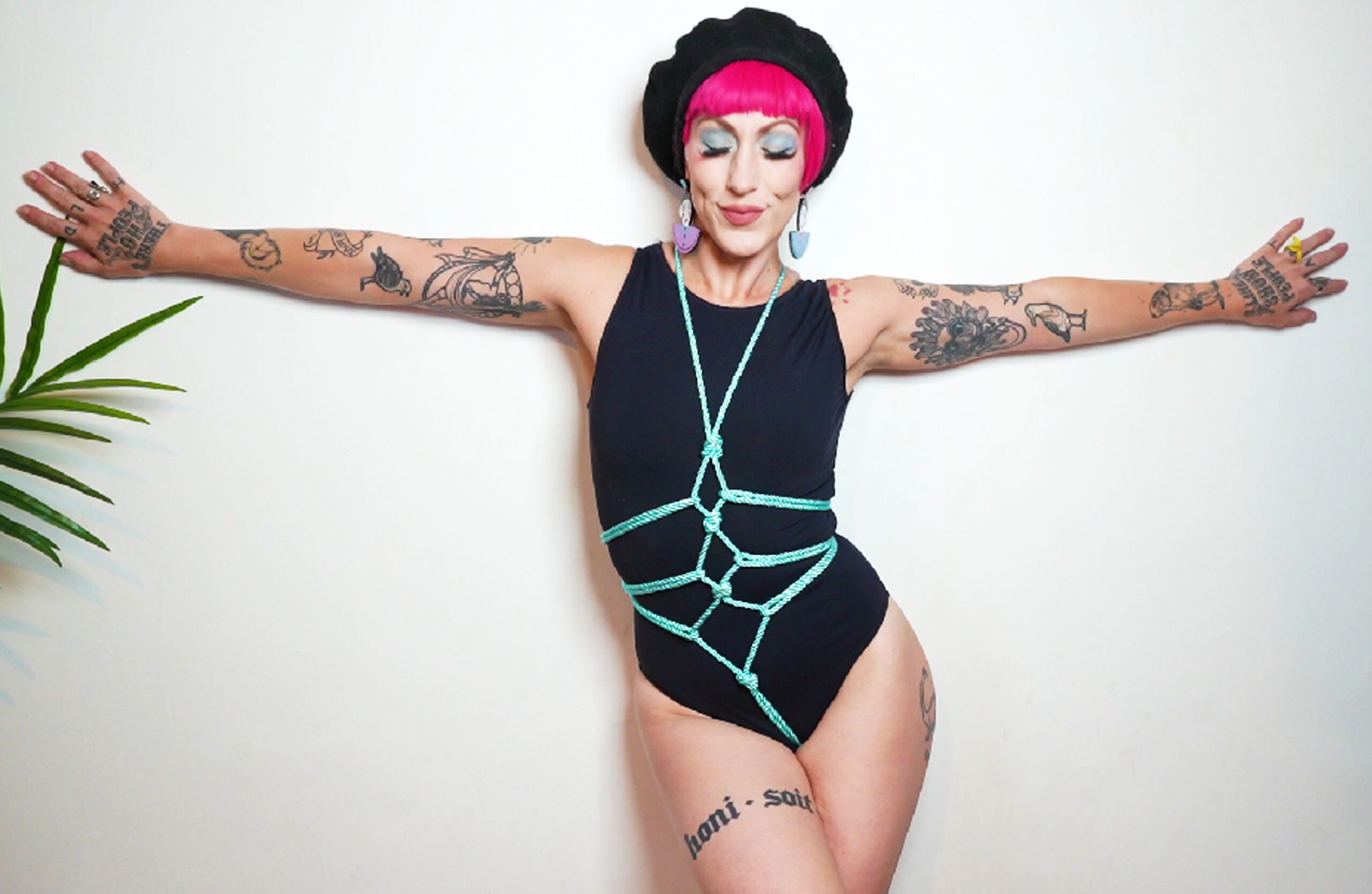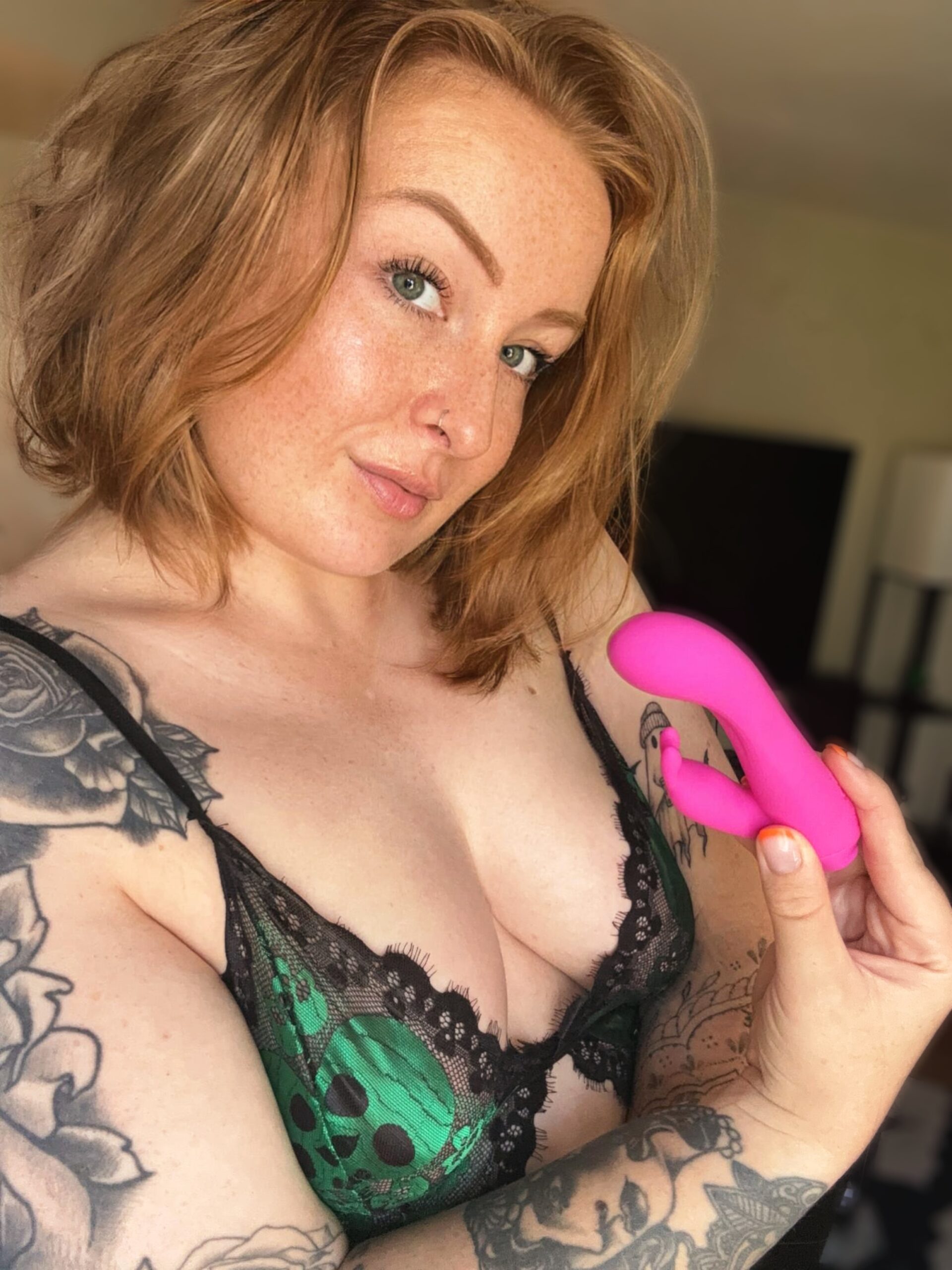Understanding Demigender Identities
Demigender is a gender identity that exists on the spectrum between cisgender and non-binary.
Individuals who identify as demigender feel partially aligned with one gender while also feeling partially disconnected from it.
This can manifest in various ways, with some demigenders identifying as “half” male, half female, for example, or feeling a strong connection to one gender but not fully embodying its typical traits and expressions.
Understanding demigender identities is crucial for fostering inclusivity and respect within romantic relationships.
It recognizes that gender identity is a complex and multifaceted aspect of an individual’s being, and that it doesn’t always fit neatly into traditional binary categories.
When navigating relationships with someone who identifies as demigender, it’s essential to approach communication openly and honestly.
Active listening and respect for their chosen pronouns and gender expressions are paramount.
Remember that their experience of gender may be unique and fluid, and what feels comfortable for one person might not be the same for another.
Avoid making assumptions or imposing your own understanding of gender onto them.
Instead, create a safe space where they feel empowered to share their feelings and needs openly.
One crucial aspect is respecting their preferred pronouns.
Misgendering someone can be deeply hurtful and invalidating.
It’s essential to ask about their pronouns if you’re unsure and to consistently use them correctly.
Additionally, understand that demigender individuals may experience a range of emotions related to their gender identity, including questioning, exploration, and even dysphoria.
Being patient, supportive, and understanding during these times is crucial for building a strong and healthy relationship.
Ultimately, fostering inclusivity and respect within romantic relationships with demigender individuals means embracing the complexities of their identity and creating a space where they feel seen, heard, and valued for who they truly are.
Demigender identities encompass a diverse range of experiences where an individual partially identifies with one gender, while not fully identifying with another.
This can manifest in various ways, leading to a spectrum of expressions within the demigender community.
Understanding these nuances is crucial for fostering inclusive and respectful relationships.
A common way to understand demigender identities is through the lens of degree.
Someone might identify as “demiboy,” feeling partially male, while not fully identifying as a man.
Similarly, “demisirl” expresses a partial connection to femininity, without being entirely a woman.
The spectrum extends beyond these binary examples.
An individual could experience their gender as shifting or fluctuating between genders, partially aligning the iron throne sex with one gender at certain times and another at different times.
Others might identify as demigender in a more abstract way, feeling a partial connection to a specific gender while not fitting neatly into traditional categories.
It’s important to remember that demigender is not simply “halfway” between genders; it’s a unique and valid experience of gender identity.
Within relationships, understanding these diverse expressions is crucial for creating a space where partners can feel seen, respected, and affirmed.
Open communication is paramount.
Partners should be willing to learn about each other’s experiences and identities, asking respectful questions and actively listening to their partner’s feelings and needs.
Avoiding assumptions and generalizations can prevent hurt or misunderstandings.
For example, assuming that a demigender individual will always want to be addressed with certain pronouns or that they have specific romantic preferences can be dismissive of their unique identity.
Flexibility and willingness to adapt are important in navigating the complexities of demigender identities within relationships.
What works for one couple may not work for another, so finding a dynamic that respects both partners’ needs and boundaries is essential.
Demigender identities represent a nuanced aspect of gender identity, encompassing individuals who partially identify with one gender while also experiencing a disconnect from it. This partial identification can manifest in various ways, with some individuals feeling only partially aligned with their assigned gender at times, while others may feel a stronger connection to another gender.

Understanding demigender identities requires recognizing the fluidity and complexity of gender expression. It’s essential to move beyond rigid binary notions of male and female and acknowledge that gender exists on a spectrum. Demigender individuals may identify as demiboy, demigirl, or other variations, each signifying a unique blend of gender experiences.
The impact of demigender identities on self-perception can be profound. For some, embracing their demigender identity can be liberating and affirming, allowing them to express themselves authentically. It can provide a sense of belonging and validation that wasn’t previously attainable within traditional gender frameworks.
However, navigating societal expectations and biases surrounding gender can pose challenges for demigender individuals. They may face confusion, misunderstanding, or even rejection from those who struggle to comprehend their experiences. This lack of understanding can lead to internal conflict, questioning, and a sense of isolation.
In romantic relationships, demigender identities can add another layer of complexity. Communication and honesty are crucial for establishing healthy boundaries and expectations. Partners need to be open-minded, accepting, and willing to learn about their loved one’s unique gender identity. It’s important to recognize that a demigender person’s relationship with their own gender may evolve over time.

Ultimately, understanding demigender identities involves fostering empathy, respect, and a willingness to expand our understanding of what it means to be human. It requires challenging societal norms and embracing the diversity of human experiences. By creating inclusive environments where individuals feel safe to express themselves authentically, we can foster greater acceptance and understanding.
Navigating Romance as a Demigender Person
Navigating romance as a demigender person can be a unique and multifaceted journey. It involves understanding one’s own identity, communicating needs and boundaries effectively, and finding partners who are receptive and respectful.
One of the first steps is self-reflection and acceptance. Demigenders often experience their gender identity as fluid or partially aligned with one gender, making it essential to clarify what this means personally.
Understanding your own comfort levels with labels and pronouns can help guide interactions. Some demigenders may identify with specific gender terms (like “demifeminine” or “demi masculine”), while others might prefer more fluid language or no labels at all. It’s crucial to communicate these preferences openly and honestly with potential partners.
Open communication is paramount in any relationship, but especially so for demigender individuals. Sharing your experiences, feelings, and needs related to gender identity can help build understanding and intimacy.
Be prepared for questions and perhaps even some confusion from partners who may not be familiar with demigender identities. Approach these conversations with patience and a willingness to educate. Remember, it’s okay to set boundaries around how much you choose to share.
Setting clear boundaries is essential for protecting your emotional well-being. This includes establishing limits on what gendered language or actions feel comfortable and what topics related to your identity you are willing to discuss.
Communicating these boundaries assertively but respectfully can help ensure that your needs are met in the relationship.
Finding partners who are accepting and understanding of demigender identities is crucial for a fulfilling romantic experience. Look for individuals who are open-minded, respectful of differences, and willing to learn about your unique journey.
Remember, navigating romance as a demigender person is a personal process. Be patient with yourself, communicate openly and honestly, and surround yourself with supportive people who celebrate your authentic self.
Navigating romance as a demigender person can be a unique journey, often intertwined with self-discovery and finding partners who understand and respect your identity.
Demigender encompasses a spectrum of gender identities where individuals partially identify with one gender while also feeling a disconnect from it. This fluidity can present both challenges and opportunities in romantic relationships.
Here’s a deeper look into the complexities:
-
Understanding Your Own Identity:
-
Self-reflection is crucial. Explore what aspects of your gender resonate with you and which feel misaligned.
-
Experiment with different pronouns and names to see what feels most authentic.
-
Embrace the fluidity of demigender identity; it’s okay if your understanding evolves over time.
-
Communication is Key:
-
Open and honest communication with potential partners about your demigender identity is essential.
-
Be prepared to educate others about what demigender means and how it affects you.
-
Create a safe space for open dialogue about gender and expectations within the relationship.
-
Finding Compatible Partners:
-
Seek out individuals who are open-minded, respectful, and willing to learn about your identity.
-
Look for partners who prioritize communication and emotional intelligence.
-
Consider joining online communities or groups specifically for demigender individuals or LGBTQ+ people; these can be valuable resources for finding compatible connections.
Remember, navigating romance as a demigender person is a personal journey. Embrace your identity, communicate openly, and seek out partners who value authenticity and understanding.
Navigating romance as a demigender person can be a unique and multifaceted experience, often intertwined with the challenges of societal expectations around gender and sexuality.
Demigender individuals identify partially with one gender, while also feeling connected to another gender or no gender at all. This fluidity can create complexities when encountering traditional romantic norms that often assume binary genders.
Here are some key aspects to consider:
* **Self-discovery and Understanding:**
It’s crucial for demigender individuals to first understand their own identity, including the nuances of their gender experience. This self-awareness will inform how they approach romantic relationships.
*
Communication is Paramount:
Open and honest communication with potential partners is essential. Explaining one’s demigender identity can help set clear expectations and foster understanding.
*
Challenging Gender Norms:
Demigender individuals may encounter resistance or misunderstanding from those who cling to rigid gender stereotypes. It’s important to challenge these norms and advocate for acceptance and inclusivity.
*
Finding Compatibility:**

Attraction and compatibility are not solely determined by gender. Focus on finding partners who respect your identity and are willing to embrace your unique experiences.
*
Flexibility and Adaptability:
Romance is a journey of exploration. Be open to adjusting expectations and navigating relationships in ways that feel authentic and comfortable for both partners.
*
Self-Love and Acceptance:
Building a strong sense of self-love and acceptance is fundamental. Embrace your demigender identity as a part of who you are, and seek out relationships that celebrate your individuality.
Remember, there is no one “right” way to navigate romance as a demigender person. What matters most is finding connections that are based on mutual respect, understanding, and acceptance.
Building Healthy Relationships as a Demigender Individual
Navigating romantic relationships as a demigender individual can present unique challenges and rewards. Demigender identity, characterized by a partial or fluctuating experience of gender, adds a layer of complexity to understanding one’s self and communicating needs within a partnership.
Building healthy relationships starts with self-awareness and acceptance.
-
Understanding your own demigender identity is crucial. Explore the nuances of your gender expression, how it evolves, and what feels most authentic to you.
-
Embrace your fluidity. Recognize that your gender identity may shift over time, and allow space for these changes within yourself and your relationship.
Communication is the cornerstone of any successful relationship, particularly when navigating demigender experiences.
-
Openly discuss your demigender identity with potential partners early on. Explain what it means to you and how it might manifest in your life.
-
Be prepared for questions and educate your partner about demigender identities. Patience and understanding are key in fostering a space of mutual learning.
-
Create a safe environment where both partners feel comfortable expressing their feelings, concerns, and needs related to gender identity.
Respectful boundaries are essential for both emotional well-being and the health of the relationship.
-
Clearly communicate your boundaries regarding pronouns, name usage, physical touch, and other aspects of your gender expression.
-
Encourage your partner to respect these boundaries, even if they don’t fully understand them. It’s important to feel safe and affirmed in your identity.
Embrace authenticity within the relationship.
-
Allow yourself to express your gender in ways that feel true to you, even if they might differ from societal norms or expectations.
-
Encourage your partner to do the same. Celebrate each other’s unique expressions and support each other’s journeys of self-discovery.
Building healthy relationships as a demigender individual requires ongoing communication, understanding, and a willingness to embrace authenticity. By fostering open dialogue, setting clear boundaries, and celebrating individuality, demigender individuals can create fulfilling partnerships that honor their true selves.
Demigender identities encompass a spectrum of gender experiences, where individuals identify partially with one gender while also feeling disconnected from it to varying degrees. This unique aspect of identity can profoundly influence romantic relationships, requiring open communication, empathy, and a willingness to understand each other’s perspectives.
Building healthy relationships as a demigender individual starts with self-acceptance and understanding. Clearly defining your own gender identity and how it manifests is crucial. Explore what pronouns feel comfortable and authentic to you, and communicate these preferences openly and respectfully to potential partners from the outset.
Honesty and transparency are paramount in any relationship, but especially when navigating demigender identity. Don’t shy away from discussing your experiences and feelings with your partner. Explain what being demigender means to you, how it shapes your sense of self, and any potential challenges it might present within the relationship.
Open communication also involves actively listening to your partner’s understanding and perspectives. They may not fully grasp the nuances of demigender identity, and that’s okay. Be patient and willing to educate them in a way that feels comfortable for both of you. Encourage questions and create a safe space for them to express any concerns or uncertainties they might have.
Respecting your partner’s understanding is equally important. Recognize that their comprehension of demigender identity may evolve over time, and that’s a natural part of the learning process. Avoid getting defensive or dismissive if they make mistakes or have questions. Instead, use these as opportunities to foster deeper understanding and empathy.
Remember, building a healthy relationship requires mutual respect, open communication, and a willingness to grow together. Embrace the opportunity to educate each other about different gender experiences and create a loving and supportive environment where both partners feel seen, heard, and validated.
Navigating romantic relationships as a demigender individual can present unique challenges, often stemming from societal norms and a lack of understanding surrounding gender identities outside the binary. It’s important to remember that there is no single “right” way to experience love and connection, and your demigender identity is an integral part of who you are.
Here are some strategies for building healthy relationships as a demigender person:
-
Self-Reflection and Understanding: Spend time exploring your own feelings, experiences, and needs within the context of romance. What does a fulfilling relationship look like to you? How do you want to express your love and affection?
-
Communicate Openly and Honestly: Clear and open communication is crucial in any relationship, but it’s particularly important for demigender individuals. Talk to potential partners about your identity, what it means to you, and how they can best support you.
-
Set Boundaries: Establish clear boundaries around your comfort levels with physical intimacy, gendered expectations, and language. It’s okay to say “no” if something makes you uncomfortable or doesn’t align with your identity.
-
Educate Your Partner: Be prepared to answer questions about your demigender identity in a way that feels comfortable for you. Offer resources or explanations that can help them understand better. Remember, their willingness to learn is a sign of respect and commitment.
-
Find Community Support: Connecting with other demigender individuals or those who are gender non-conforming can provide invaluable support, validation, and shared experiences. Online forums, support groups, and LGBTQ+ centers can be great places to find connection.
Building healthy relationships as a demigender person is an ongoing process of self-discovery, communication, and finding people who embrace and celebrate your authentic self.
Check out the complete blog
Learn all the insights here
- Xela Rederm Skin Booster Treatments Near Ockley, Surrey - January 22, 2026
- Xela Rederm Skin Booster Treatments Near Camberley, Surrey - January 19, 2026
- Why Are My Lips Peeling After Lip Filler - January 13, 2026
